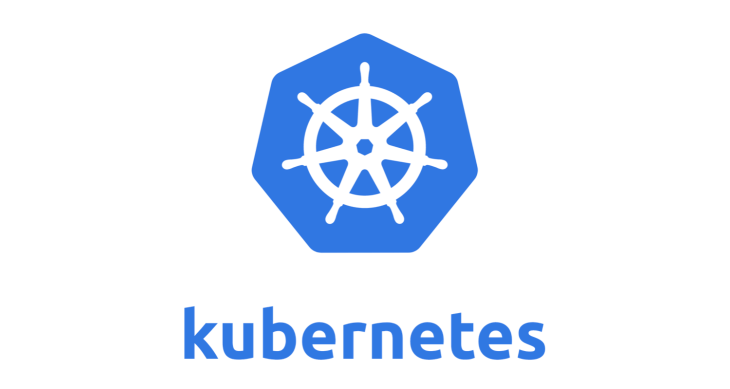As data science evolves, the need for scalable and efficient infrastructure to support data-intensive workloads has become increasingly apparent. Kubernetes, an open-source container harmony platform, offers a powerful solution for seamlessly managing and scaling containerised applications. This technical article explores how Kubernetes can benefit data scientists by streamlining workflows and enhancing productivity within a Data Scientist Course in Hyderabad.
Understanding Kubernetes for Data Science
Kubernetes, often abbreviated as K8s, provides a platform-agnostic solution for automating containerised applications’ deployment, scaling, and management. By abstracting the underlying infrastructure complexities, Kubernetes enables data scientists to aim at building and deploying their models without worrying about the fundamental discovery and rolling updates; Kubernetes simplifies deploying and managing data science workloads at scale.
Participants comprehensively understand Kubernetes and its relevance in data science in a Data Scientist Course in Hyderabad. From containerisation basics to advanced Kubernetes features such as deployments, services, and pods, these courses provide hands-on experience deploying and managing data science applications in a Kubernetes environment.
Containerisation for Reproducible Environments
Containerisation has revolutionised software development and deployment, offering a lightweight, portable solution for packaging uses and their dependencies. For data scientists, containerisation provides a means to create reproducible environments, ensuring consistent behaviour across different computing environments. Packaging their models, libraries, and dependencies into containers allows data scientists to eliminate compatibility issues and streamline deployment.
In a data scientist course in Hyderabad, participants learn how to leverage containerisation tools like Docker to package and deploy their data science applications. They gain hands-on experience creating Docker images, defining Dockerfiles, and deploying containerised applications in Kubernetes clusters, enabling them to build reproducible environments for their data science workloads.
Scalability and Resource Management
One of Kubernetes’ key benefits is its ability to scale applications dynamically based on resource demand. In a data science context, Kubernetes can automatically scale resources up or down based on the workload, ensuring optimal performance and resource utilisation. This scalability is particularly beneficial for data science workloads, which often require significant computational resources for model training and evaluation tasks.
In a Data Science Course, participants learn how to leverage Kubernetes’ auto-scaling capabilities to optimise resource allocation for their data science applications. They gain insights into Kubernetes’ resource management features, including resource quotas, limits, and requests, enabling them to allocate resources efficiently and avoid over-provisioning or under-provisioning of compute resources.
Fault Tolerance and High Availability
Ensuring the availability and reliability of data science applications is critical for maintaining productivity and minimising downtime. Kubernetes provides built-in fault tolerance and high availability features, including automatic container restarts, health checks, and pod replicas. Kubernetes can automatically restart failed containers or redistribute workloads to healthy nodes, ensuring uninterrupted operation of data science applications.
Participants learn how to design fault-tolerant data science applications using Kubernetes in a data science course. They gain hands-on experience configuring health checks, defining liveness and readiness probes, and implementing strategies such as pod anti-affinity and node affinity to improve application resilience and availability. By mastering these techniques, data scientists can build robust and reliable data science applications that can withstand failures and maintain high availability.
Conclusion
In conclusion, Kubernetes offers a powerful platform for streamlining data science workflows and enhancing productivity. By extracting away the complexities of infrastructure management and providing built-in features for scalability, resource management, fault tolerance, and high availability, Kubernetes enables data scientists to focus on their best: building and deploying models. Undertaking a Data Science Course is essential for professionals looking to harness the full potential of Kubernetes in their data science projects. Individuals can leverage Kubernetes to create scalable, reliable, and efficient data science applications that drive business value and innovation by acquiring the necessary skills and knowledge.
ExcelR – Data Science, Data Analytics and Business Analyst Course Training in Hyderabad
Address: Cyber Towers, PHASE-2, 5th Floor, Quadrant-2, HITEC City, Hyderabad, Telangana 500081
Phone: 096321 56744



